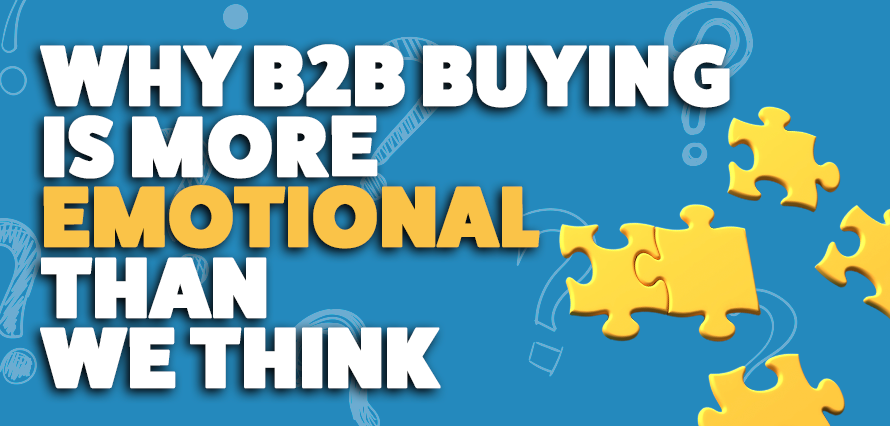June 30, 2025

I recently came across an article on LinkedIn that really got me thinking. It explored a simple question:
“What would need to be true for B2B buyers to feel confident enough to buy?”
Here’s what stood out to me:
1. Buyers want defensible decisions, not just good products.
It turns out that even more than “Will this work?”, the bigger emotional driver is: “If this fails, can I defend this decision to my boss, my board, my team?”
The most defensible reason?
“Companies like ours bought from them and it worked.”
That trumps innovation, features, and price — every time.
2. Relational trust isn”t rational proof
When buyers are choosing between vendors who all tick the basic boxes, what actually tips the scale?
- Recommendations from peers are 3x more powerful than better features
- Testimonials from similar companies are 4x more influential than those from big-name brands
- Even at $50M+ deal sizes, buyers prefer social proof from “people like me” over “market leaders”
3. The real deal-killers? Trusted voices saying “no”
Being unknown might not hurt you, but being negatively known will. The biggest red flags came from negative feedback from a buyer’s colleagues or network.
It’s not about being famous. It’s about being respected by the right people in the buyer’s world.
4. “People like us made this choice.”
When things go sideways, buyers want to point to relatable precedent, not bold risks.
“Companies like ours trusted them” is:
- 10x more defensible than “they were cheaper”
- 7.5x more defensible than “we took a risk on innovation”
- 1.5x more defensible than “they were the market leader”
So if your messaging is all about being #1 or “most advanced,” you might be missing what actually drives confidence.
What this means for us as marketers and sellers
Getting into the consideration set used to feel like the goal. But in today’s buying environment where trust is the currency, getting chosen depends on three things:
- Recommendations – If someone the buyer trusts isn’t saying you’re worth it, you won’t make it through.
- Relatability – Buyers want to see and hear from companies like theirs. Cognitive fluency matters more than polish.
- Relationships – Not just “reach,” but actual category credibility. You win when you’re known by the people who matter most to your buyer.
In a B2B economy, understanding the emotional drivers of buying isn’t a nice-to-have — it’s a serious advantage. Because the decisive question buyers are really asking isn’t just: “Can this do the job?”
It’s: “Should a company like mine trust a company like this?”
That’s not a rational question. It’s a social one and answering it well is where the best B2B brands are headed.